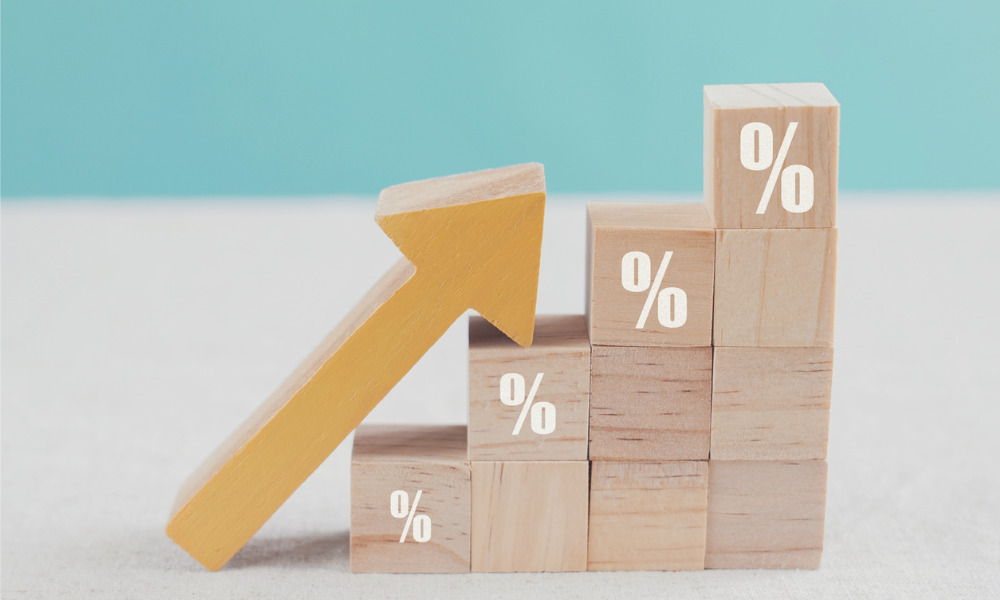

Vice President and Democratic presidential nominee Kamala Harris is calling for a more modest capital gains tax increase than what President Joe Biden had outlined in his 2025 budget, breaking from the administration's previous policy suggestion.
During an economic speech in New Hampshire Wednesday, Harris proposed raising the long-term capital gains tax rate to 28 percent for high-income earners, contrasting with Biden’s push to raise it to 39.6 percent for households with taxable income over $1 million, reported CNN and other news outlets.
The current long-term capital gains rate stands at 20 percent, with an additional 3.8 percent tax on higher earners. While still aligning with Biden on the importance of taxing wealthier individuals and corporations, Harris argued instituting a lower tax hike would help encourage investors to put more dollars in startups and small businesses.
"When the government encourages investment, it leads to broad-based economic growth and creates jobs which make our economy stronger," Harris said.
Aside from her capital gains proposal and supporting the billionaire minimum income tax, Harris put forward a series of measures intended to bolster small business creation. Among those is an expansion to the small business tax credit from $5,000 to $50,000, which would help defray the average startup cost of $40,000.
Harris is also pushing for other measures to help independent entrepreneurs, including streamlining the tax-filing process with a standard deduction for small business owners. That aligns with her lofty goal of receiving 25 million new small business applications during her first term, compared to the 19 million filed during the Biden-Harris administration.
Her proposed tax platform's other policy planks also float further assistance for households, including a $25,000 credit for first-time homebuyers and a $6,000 child tax credit for parents of newborns.
She's also in favor of some increased levies against companies, such as raising the corporate tax rate to 28 percent and quadrupling the tax on stock buybacks to 4 percent, a levy was created as part of the Inflation Reduction Act.

Canadian stocks are on a roll in 2025 as the country prepares to name a new Prime Minister.

Two C-level leaders reveal the new time-saving tools they've implemented and what advisors are doing with their newly freed-up hours.

The RIA led by Merrill Lynch veteran John Thiel is helping its advisors take part in the growing trend toward fee-based annuities.

Driven by robust transaction activity amid market turbulence and increased focus on billion-dollar plus targets, Echelon Partners expects another all-time high in 2025.

The looming threat of federal funding cuts to state and local governments has lawmakers weighing a levy that was phased out in 1981.
RIAs face rising regulatory pressure in 2025. Forward-looking firms are responding with embedded technology, not more paperwork.
As inheritances are set to reshape client portfolios and next-gen heirs demand digital-first experiences, firms are retooling their wealth tech stacks and succession models in real time.
